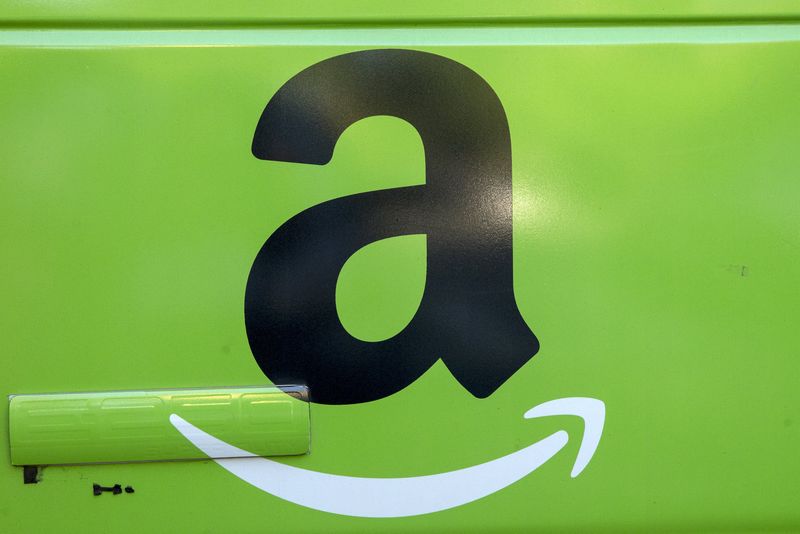Investing.com’s stocks of the week
The Federal Trade Commission on Wednesday sued Amazon (NASDAQ:AMZN) in Washington state federal court for violating consumer protection laws. The lawsuit alleges Amazon’s website knowingly “duped” millions of consumers into enrolling in Prime and then made it difficult for them to cancel.
Prime is Amazon’s paid subscription service that includes faster delivery and access to video streaming, songs and other features. The service costs $139 per year.
Amazon used manipulative, coercive, or deceptive user-interface designs known as “dark patterns” to trick consumers into enrolling in automatically-renewing Prime subscriptions, the FTC said. It then knowingly complicated the cancellation process for Prime subscribers who sought to end their membership.
“Amazon tricked and trapped people into recurring subscriptions without their consent, not only frustrating users but also costing them significant money,” said FTC Chair Lina M. Khan. “These manipulative tactics harm consumers and law-abiding businesses alike. The FTC will continue to vigorously protect Americans from ‘dark patterns’ and other unfair or deceptive practices in digital markets.”
Khan has led the FTC since 2021 and has taken on big tech multiple times with antitrust lawsuits against Meta (NASDAQ:META) and Microsoft (NASDAQ:MSFT). Today's lawsuit is the FTC’s first against Amazon under her leadership.
BofA analysts reiterated a Buy rating on Amazon as they believe the lawsuit was expected.
"If we assume a 5% reduction in Prime users from FTC-related changes and a $160/year average Prime price (equally weighted blend of yearly and monthly Prime price), we would expect an impact of $1.3bn. This would translate to 3% of our 2023 subscription services revenue of $43bn, or only 0.2% of our $566bn estimate of 2023 total revenue," analysts said in a note.
They added that Amazon's stock reaction to the FTC announcement shows that Street isn't too worried.
"In our view, the lawsuit potentially signals that the FTC does not have something potentially more impactful to pursue, such as pricing policies, 3P fees or 1P product competition. We maintain our Buy rating," the analysts concluded.
Additional reporting by Senad Karaahmetovic
